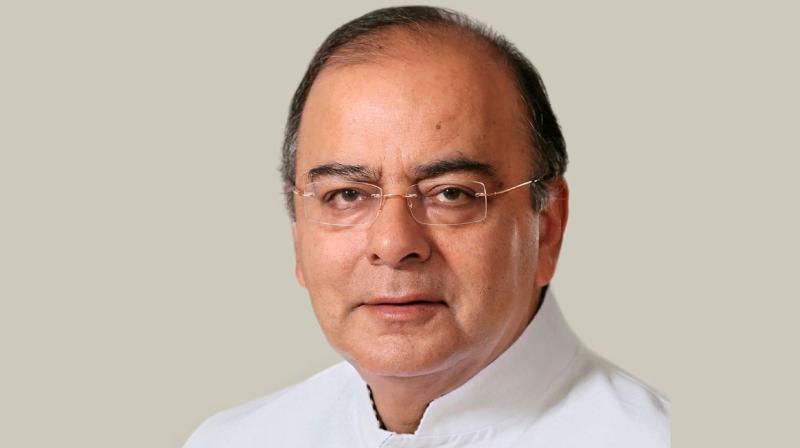Officers must be beyond suspicion: FM Arun Jaitley
The CJI told Mr Nariman, We will examine these issues. Today we need to see what interim orders to pass.

New Delhi: The Supreme Court on Friday set a two-week deadline for the Central Vigilance Commission (CVC) to complete its inquiry against CBI director Alok Verma, who along with special director Rakesh Asthana was divested of duties and sent on leave following their bitter feud, under the supervision of an ex-judge.
Appearing for Mr Verma, senior counsel Fali Nariman submitted that the CBI director’s tenure has been fixed as two years under the amended Delhi Special Police Establishment Act of 1946. He said that the orders of the CVC and the Central government with regard to Mr Verma’s forced leave have bypasses a committee headed by the Prime Minister that appoints the CBI director.
The CJI told Mr Nariman, “We will examine these issues. Today we need to see what interim orders to pass.”
The apex court’s directions curbing Mr Rao’s powers came while hearing a petition filed by NGO Common Cause alleging that the interim director of the CBI has transferred officials overnight. The NGO sought that investigations in matters that were being handled by the shifted officials be protected from being affected.
Shortly after taking charge on Tuesday night, Mr Rao transferred 13 officers with most of them being considered close to Mr Verma. The bench, including Justices Sanjay Kishan Kaul and K.M. Joseph, said all decisions taken by Mr Rao “from October 23 up to this hour”, including on transfer of investigations and change of investigating officers, be placed before it by November 12, the next date of hearing.
“Nageshwar Rao shall, as of from now, not take any policy decision(s) or any major decision(s) and will only perform the routine tasks that are essential to keep the CBI functional,” said the court.
Finance minister Arun Jaitley dubbed the apex court order for a time-bound CVC probe as a “extremely positive development”, adding that it was in the best interest of the country that the truth comes out.
“All officers of the CBI, particularly the top two, are like Caesar's wife and must be beyond suspicion," he said, referring to the expression “Caesar’s wife must be above suspicion” - drawn from a 16th century Shakespearean drama - that is used to imply that people in high positions must have impeccable integrity.

